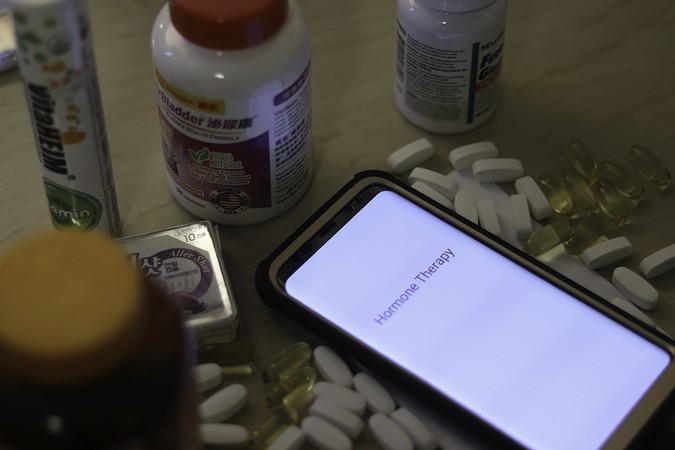Recently, Ohio Hamilton County judge Silvia Hendon ruled against religious freedom and parental rights. She handed custody of a 17-year-old transgender teenager to the grandparents after the parents refused to endorse hormone therapy. The judge described the situation as “gut-wrenching” and expressed how “unfortunate [it was] that this case required resolution by the Court.” The face-off between transgenderism advocates and parental rights advocates has struck deep into the question of who has the moral default when it comes to children: the parents or the state?
THE ARGUMENTS AND THE PERSPECTIVES
The advocates for removing parental custody of the teen argued that the parent’s decision could result in their child dying by suicide. While hospitalized in 2016, the teen was diagnosed with depression, an anxiety disorder and gender dysphoria. The medical center testified later in 2018 that hormone therapy, the administration of sex hormones, was necessary to prevent the teen from suicidal tendencies.
The defending arguments from the parents and their attorney were in favor of the child’s best interests. Their attorney, Karen Brinkman, argued:
“It does not appear that this child is even close to being able to make such a life-altering decision at this time.”
Hormone therapy, which is far from being reversible, cannot be decided by a teen suffering from such medically diagnosed mental conditions. Furthermore, they argued, hormone therapy was against their religious beliefs.
The ruling against religious freedom and parental rights is not found in the superficial interpretation of the legal contest—to prevent suicide or upholding parental rights—but found in the details of the argument. The argument hinges on the word ‘reduce.’
POSITIONS OF POWER OR RESPONSIBILITY?
While the term ‘reduce’ seems insignificant, it artificially slants the moral landscape sharply against the parents. What is presented to the parents is not a contest for equal moral responsibility, but a contest of moral power of the state over the parents. Allow us two hypothetical examples.
In the first case, the teen is left with the parents. Allow us to imagine, in the most unfortunate circumstance, this teen dies by suicide. The outrage against the parents would not only include an “I told you so” media blitz, but the medical personnel would provide expert testimony against the parents to hold them morally responsible for not allowing their child to follow through with the hormone therapy. They would be moral reprobates before the state, because they knew better and did not follow through.
In the second case, the parents’ custody is taken away and the teen in placed in the care of the grandparents. Allow us, again, to imagine this teen dies by suicide. Would there be a media blitz against the medical staff? Would the expert medical staff be held morally responsible? Of course not. But they have a response. The medical staff never promised they would prevent the child from dying by suicide, they only promised to ‘reduce’ the risk. All they would have to prove, though the child died by suicide, is they reduced the overall risk of dying by suicide. The media would declare them as saints before the state because they had the best intentions for the child.
The problem facing the two hypothetical examples is the same problem facing the Ohio transgender case. There is no situation in which the parents can win, and there is no situation in which the medical staff can lose. The medical staff still cannot lose if other experts argue that hormone therapyhas the capability to increase the risk of suicide.
In a bizarre exercise of judicial power, the traditional assumption that parents provide the best interest for their child now rests with the medical staff. But what is concerning is the loss of moral responsibility in this transformation. Such a transformation removes moral responsibility at the expense of expanding political power—a devastating precedent for both moral responsibility and parental rights. The question we must consider in the emerging transgender debate is this: are we reinforcing positions of power or reinforcing positions of responsibility?








